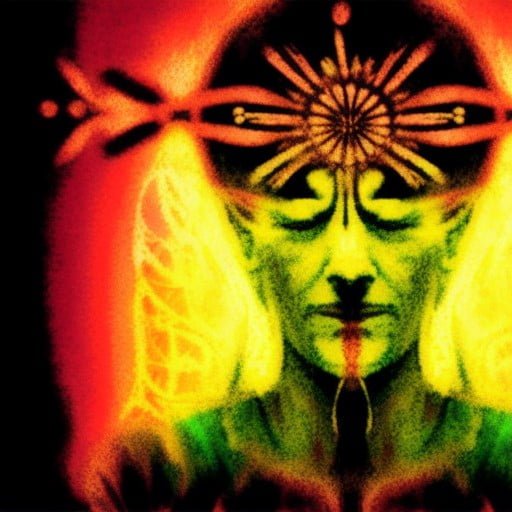Understanding Spiritual Psychosis: A Narrative Exploration
Spirituality is often seen as a source of peace and comfort in times of turmoil. However, for some individuals, spirituality can lead to a state of confusion, anxiety, and even psychosis. This phenomenon is known as spiritual psychosis, and it is a complex and often misunderstood condition.
In this article, we will explore the journey into spiritual psychosis and share a personal narrative of understanding. Through this exploration, we hope to shed light on this often-overlooked aspect of the human experience.
In Hinduism hence a Guru is the Most Important figure to guide the disciple in the right direction.
The Journey into Spiritual Psychosis
The journey into spiritual psychosis is often a gradual one. For many, it begins with a deep interest in spirituality and a desire to connect with a higher power. As they dive deeper into their spiritual practice, they may start to experience strange and unusual phenomena.
These phenomena can include vivid dreams, intense emotions, and a heightened sense of intuition. While these experiences can be initially exhilarating, they can also be overwhelming and confusing. This confusion can lead to a loss of touch with reality, which can ultimately result in spiritual psychosis.
Spiritual psychosis can manifest in many ways, but some common symptoms include delusions, hallucinations, and paranoia. Those experiencing spiritual psychosis may also struggle with making sense of reality or differentiating between what is real and what is not.
One of the most challenging aspects of spiritual psychosis is that it can be difficult to recognize. Many individuals may initially brush off their symptoms as a part of their spiritual journey or a natural response to their practice. It is often only when these symptoms become severe that individuals begin to realize that something is wrong.
A Personal Narrative of Understanding
My journey into spiritual psychosis began with a deep interest in meditation and mindfulness. I had always been drawn to spirituality and had spent years trying to connect with a higher power. When I discovered meditation, it felt like the missing piece of the puzzle.
Initially, meditation was incredibly transformative. I felt more grounded, centered, and connected to the world around me. However, as I continued to practice, I started to experience unusual phenomena. I would have vivid dreams that felt more real than reality, and I started to have intense emotional reactions to seemingly mundane things.
At first, I brushed off these experiences as part of my spiritual journey. However, as my symptoms intensified, I started to become increasingly paranoid and delusional. I began to believe that I had a special connection to the universe and that I was receiving messages from a higher power.
It wasn’t until I had an intense hallucination that I realized something was wrong. I was meditating when I suddenly saw a vision of a dark figure standing in front of me. The figure spoke to me in a language I couldn’t understand, and I felt like I was being pulled into another dimension. When I opened my eyes, I was completely disoriented and terrified.
I soon learned that I was experiencing spiritual psychosis. It was a difficult and challenging experience, but with the help of therapy and medication, I was able to work through my symptoms. I also came to understand that spirituality can be a powerful and transformative force, but it can also be dangerous if not approached with caution.
Spiritual psychosis is a complex and often misunderstood condition. It can be a challenging experience for those who go through it, but with the right support and treatment, it is possible to overcome it.

